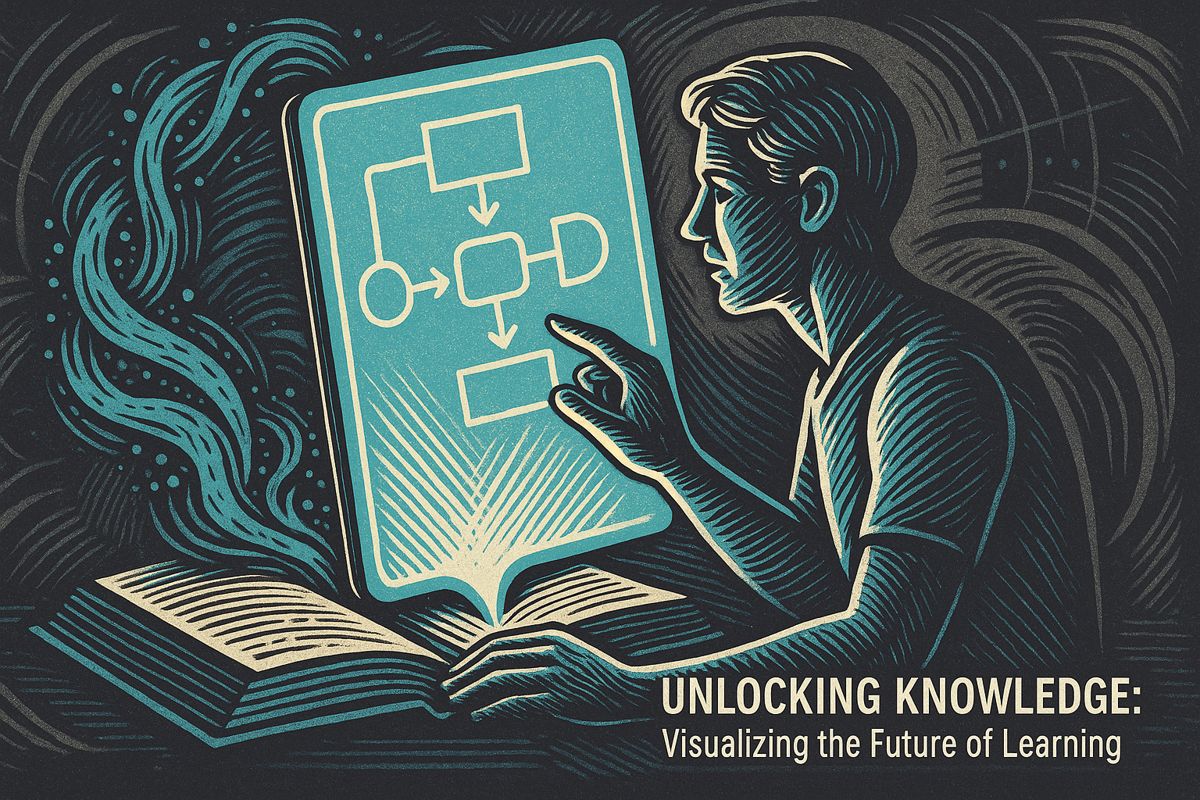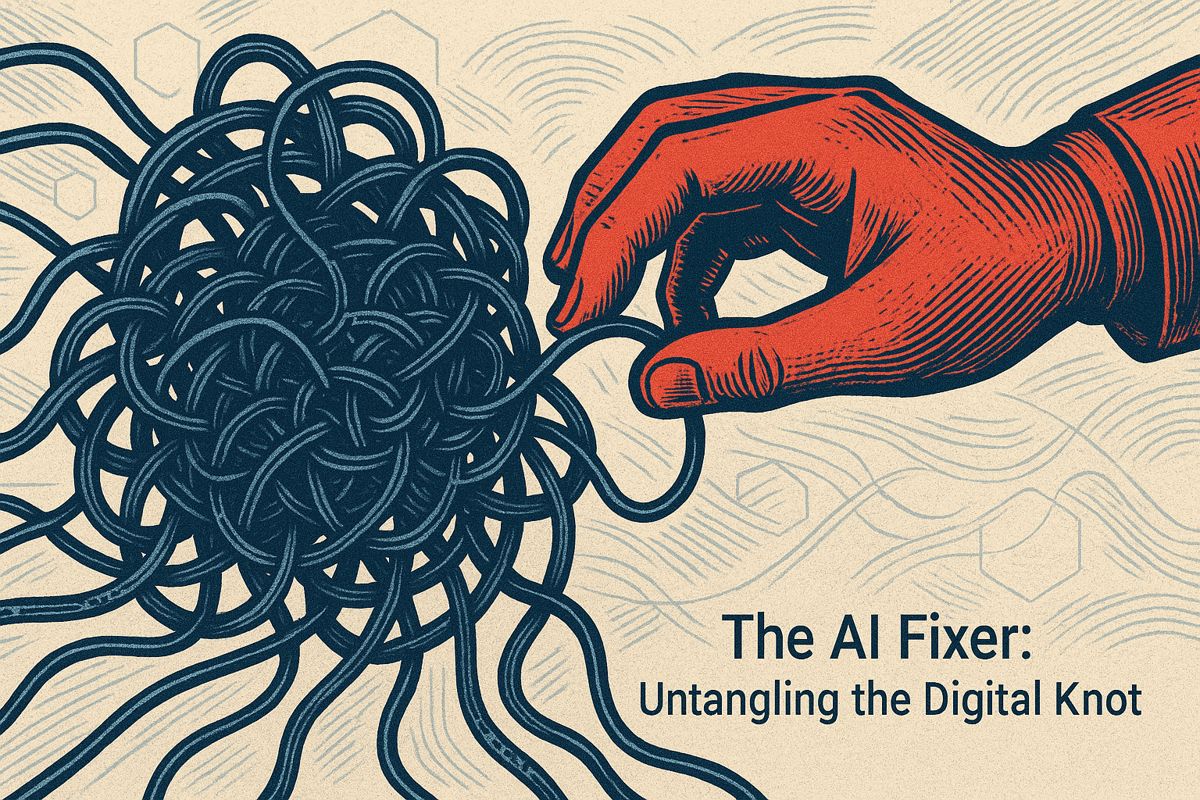Meta is officially tying employee reviews to AI impact, a significant policy shift that will make proficiency with artificial intelligence a core performance metric for all staff by 2026. According to an internal memo, this change solidifies Meta’s transition into an AI-first company, where every employee will be expected to demonstrate measurable gains through AI.
What will count as “AI-driven impact”?
AI-driven impact at Meta refers to the quantifiable results employees achieve by using artificial intelligence. This includes improving personal productivity, developing internal AI tools that boost team efficiency, and aligning work with the company’s strategic AI goals, like integrating the Metamate assistant into daily workflows.
To formalize this, Meta’s 2026 performance reviews will assess employees on three primary criteria:
- Demonstrable proof that AI tools increased individual output or reduced task completion time.
- The creation or enhancement of internal products that measurably improve team efficiency.
- Clear alignment with corporate AI objectives and integration of company-sanctioned AI tools.
An internal memo also revealed that an AI Performance Assistant, built using Metamate and Google Gemini, will help employees draft self-assessments and track key metrics, ensuring contributions are data-backed.
2025 is the rehearsal year
During the 2025 review cycle, AI contributions will be encouraged but not formally scored, serving as a transition period. Employees who voluntarily showcase AI achievements can earn bonuses for “exceptional AI-driven impact.” A Financial Express report confirms Meta has also initiated the “Level Up” program to incentivize and reward early adopters of the new AI-centric workflows.
Training, tools, and possible friction
To support the transition, Meta is launching a suite of resources, including guided labs, workshops, and office hours. Managers will also receive playbooks on how to interpret AI-generated insights while applying human judgment.
However, analysts anticipate potential challenges:
- Skill Gaps: Employees from non-technical backgrounds may find it difficult to master effective prompt engineering and AI tool utilization.
- Moving Targets: The definition of “high impact” could evolve with each review cycle, creating uncertainty among staff.
- Culture Shift: Teams accustomed to traditional output-based metrics must adapt to a new model that values innovation and efficiency gains alongside output.
Staff who fail to adapt could face lower performance ratings, underscoring the seriousness of the initiative. This trend is not unique to Meta, as peers like Microsoft and Google have already started integrating AI metrics into their performance reviews.
Industry context and numbers
Meta’s move aligns with a broader industry shift toward AI-integrated HR processes. HR platforms note that companies with AI-supported reviews reduce administrative time by up to 30%. Furthermore, research indicates that over 40% of large tech firms will use continuous AI feedback systems by 2025, solidifying Meta’s strategy as part of a larger market evolution.
What happens next
The AI Performance Assistant is scheduled to roll out to all employees in Q2 2025, accompanied by scorecard templates and detailed guidance. By January 2026, AI-driven impact will be a mandatory and core component of every performance review at the company, cementing a new standard for employee evaluation in the age of AI.



















